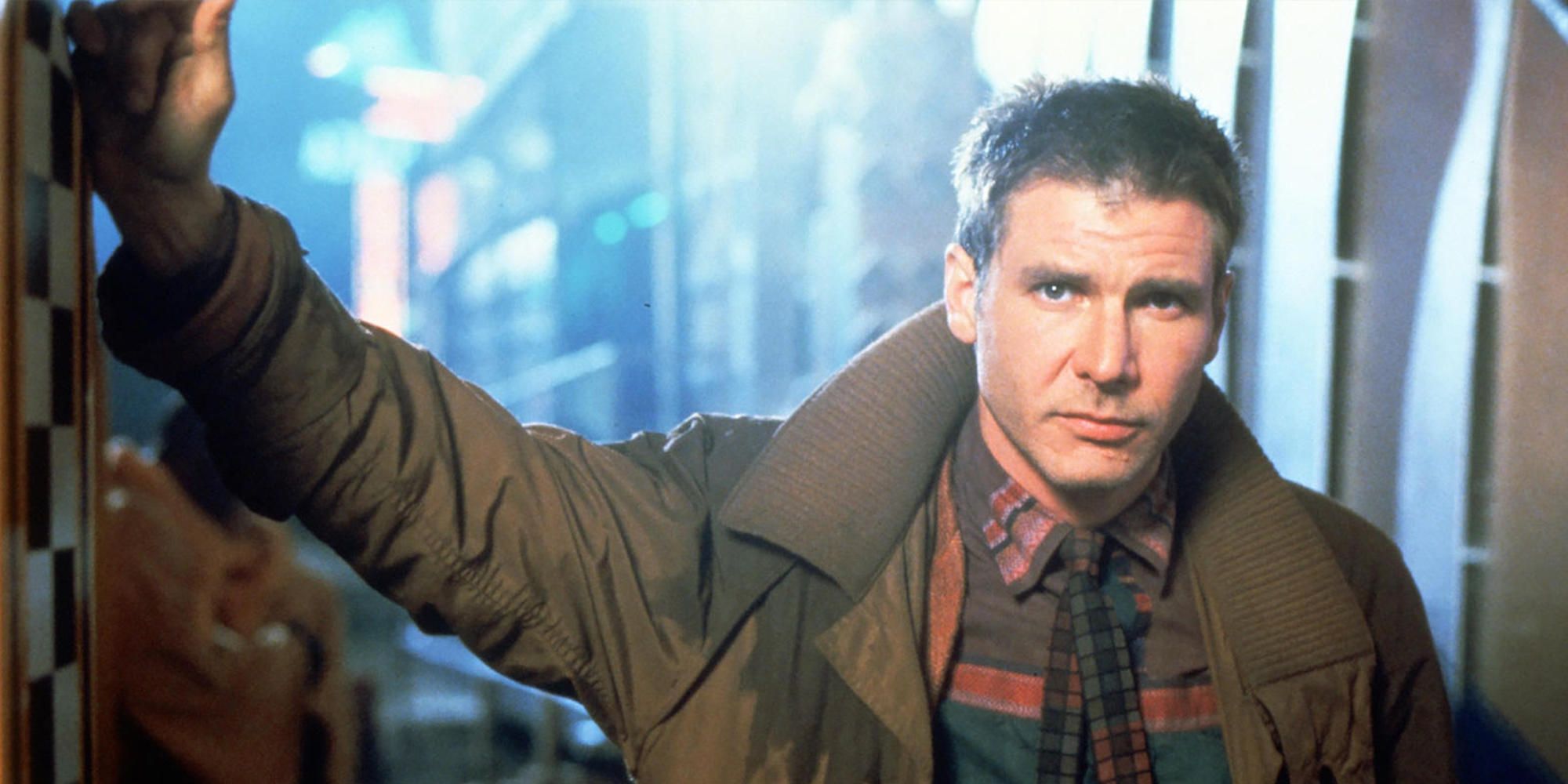Science fiction has looked to the stars, the future, and everywhere else to bring audiences some of the most audacious stories in film history. Whether these movies veer so far into fiction to become fantasy or have premises that are close to becoming reality, they undoubtedly represent one of the most creative spaces in all cinema. For a genre that has had a presence in film since the silent era, the imagination of the filmmakers who continue to bring these movies to life seems to go to infinity and beyond.
Honing in on the ten best films from a century of sci-fi classics is a futile mission, with some of the surprisingly perfect films in the genre inevitably lost in space, but there’s no denying some films as the indisputable best. From space operas to cyberpunk thrillers and post-apocalyptic classics, not only are these some of the best, but they also represent the ever-widening expanse that science fiction fills. Across time and space, in every reality, these ten films are one hundred years of cosmic greatness.
10
‘The Day the Earth Stood Still’ (1951)
Directed by Robert Wise
Though it was made during the Cold War era, just as the nuclear arms race was heating up, the fears of atomic destruction and the need for peace at the heart of the classic sci-fi The Day the Earth Stood Still remain dishearteningly relevant. As one of the best alien invasion films, it features not an armada of aggressive attackers but rather a lone extra-terrestrial named Klaatu (Michael Rennie) who comes bearing a grave message for humanity: live in peace or be destroyed.
In a time when many might wish world leaders could be swayed toward harmonious co-existence by an intelligent alien and his robot bodyguard, Robert Wise‘s classic film offers a hopeful, yet cautionary, tale. From the film’s classic sci-fi production and character designs to its thoughtful screenplay filled with memorable lines, The Day the Earth Stood Still has stood the test of time to become an all-time sci-fi cinematic classic.
9
‘Eternal Sunshine of the Spotless Mind’ (2004)
Directed by Michel Gondry
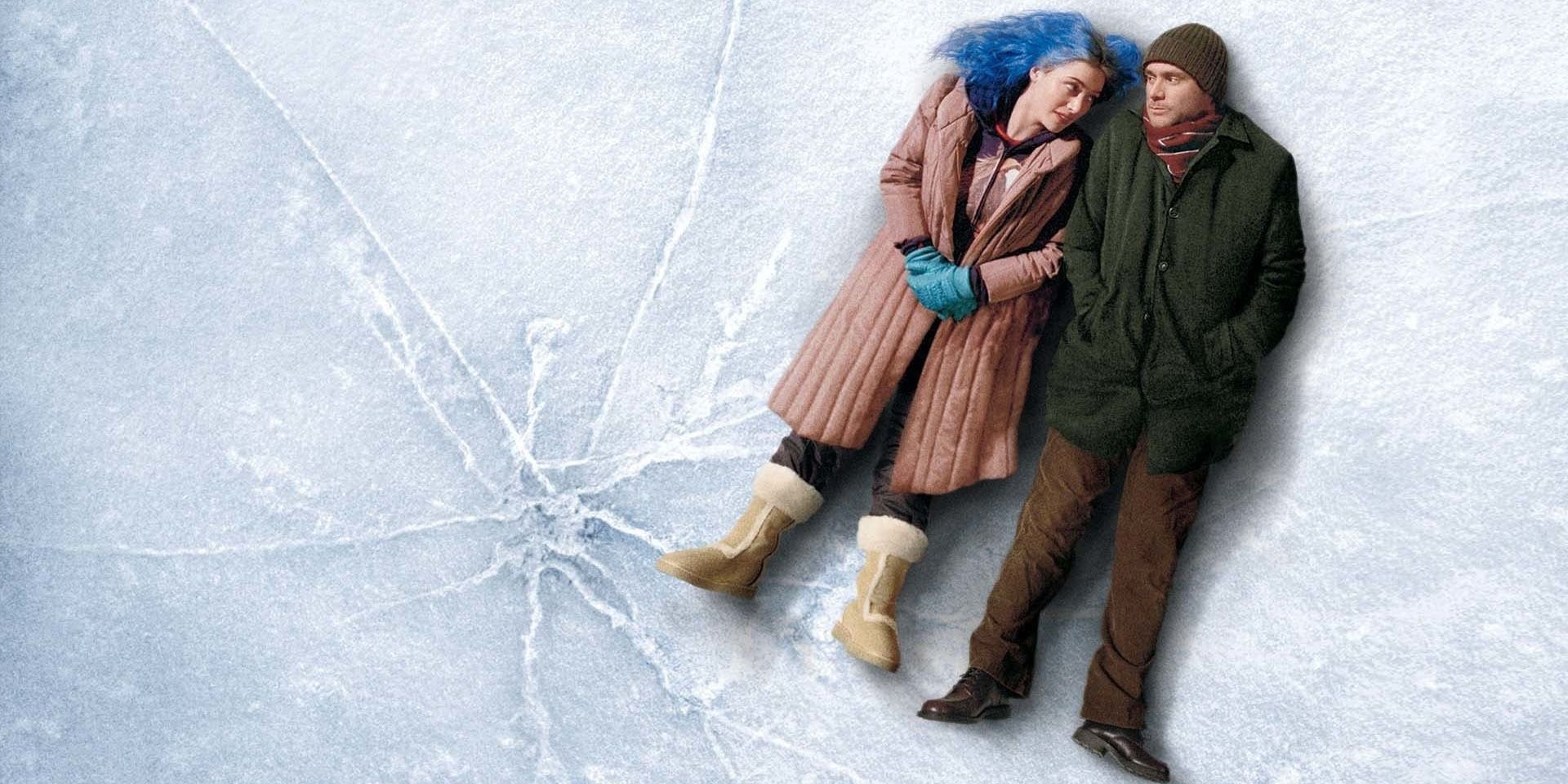
One of the most fiercely original depictions of romance on film, director Michel Gondry and writer Charlie Kaufman‘s beautifully complex Eternal Sunshine of the Spotless Mind uses sci-fi concepts to explore deeply human emotions and the connections formed through memory and shared experiences. It follows Joel (Jim Carrey) as he decides to undergo a procedure to have all memories of his ex-girlfriend Clementine (Kate Winslet) erased after discovering she had done the same. The movie is the perfect melding of Gondry’s visual style with Kaufman’s eccentric character work.
As Joel has a change of heart and fights against the erasure of his memories as they crumble around him, the film itself fights against romantic tropes, offering a much more challenging depiction of love, one that is messy with conflict and spotted with regret. It’s all heady stuff made palatable by the wonderful imagery conjured by Gondry and his effects teams, along with two standout lead performances. Carrey plays against type in a much more reserved and melancholic mode, and Winslet gives one of her most essential performances as a chaotic wildflower, but with an interiority that the many Manic Pixie Dreamgirls who followed in her footsteps would lack. All of that adds up to a movie of memories that are impossible to forget.
8
‘Metropolis’ (1927)
Directed by Fritz Lang
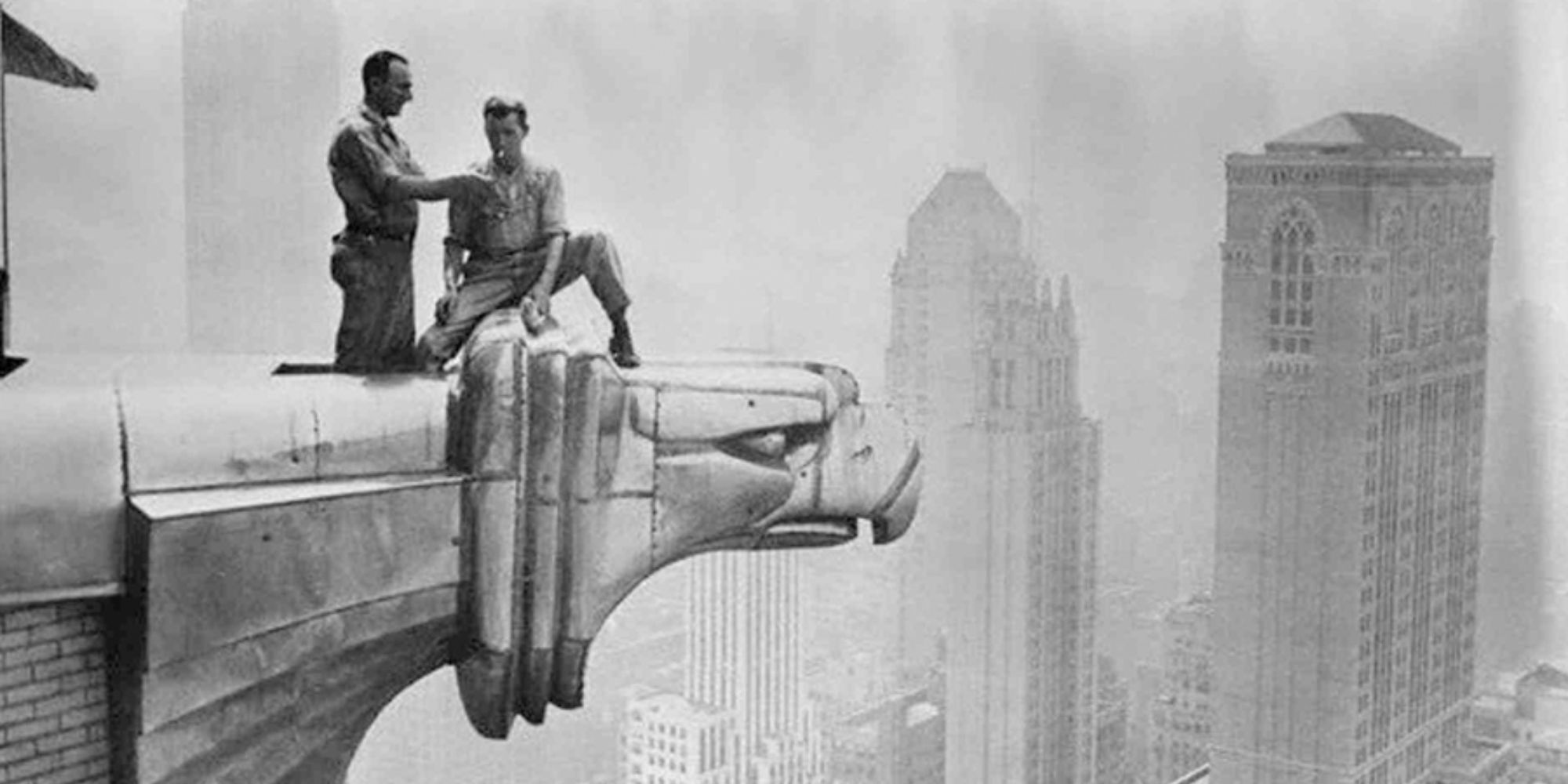
With its landmark visual effects and visionary depiction of the future, few sci-fi films can claim to be as pioneering and influential as Fritz Lang‘s legendary Metropolis. Set in a dystopic future where there is a great divide between the rich ruling class and the lowly working class, the film follows the son of the master of the titular city as he becomes sympathetic to the cause of the subterranean workers.
While it had an initial reception that was mixed, the film’s reputation has only grown since as its influence has spread across the genre. It remains one of the most visually stunning films of all time, and its central theme of class warfare hasn’t become any less relevant in the 21st century. As technology continues to advance and the economic gap continues to widen, Metropolis remains a towering testament to humanity’s industrial progress and its correspondence with societal regression.
7
‘Terminator 2: Judgment Day’ (1991)
Directed by James Cameron
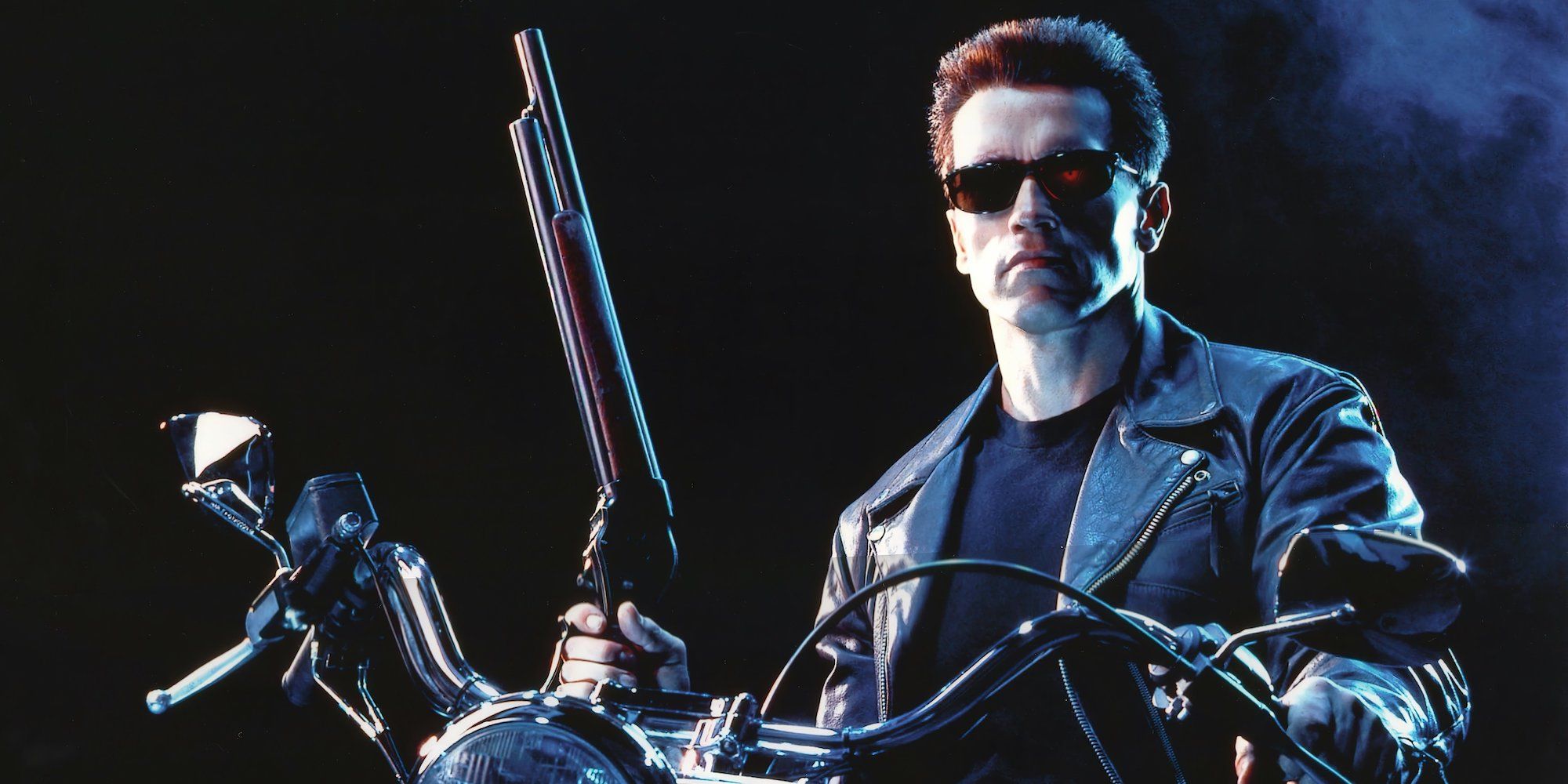
Following in the metallic footsteps of Gort and the Maschinenmensch in Metropolis, James Cameron devised one of the most terrifying robots in film history in his essential 1984 sci-fi thriller The Terminator. Seven years later, Cameron would bring back star Arnold Schwarzenegger, this time to play the reprogrammed android, in the perfect sci-fi action movie, Terminator 2: Judgement Day. Expanding on his slasher-influenced original in every conceivable way, Cameron and company set the sequel template of plus-sizing every element from the first film, but did it with such fine-tuned perfection that all subsequent sequels have failed in comparison.
As Schwarzenegger’s cyborg killer returns as protector to the adolescent John Connor, an even more lethal robotic assassin is unleashed to eliminate him. The T-1000 (Robert Patrick) was originally intended to appear in the first film by the ever-ambitious Cameron, but the director had to wait for the technology to advance far enough to properly depict the liquid metal killer. The result was a breakthrough in visual effects artistry, which, coupled with incredible physical effects and unparalleled action choreography, made Terminator 2 a sci-fi sequel with few equivalents.
6
‘Star Wars’ (1977)
Directed by George Lucas
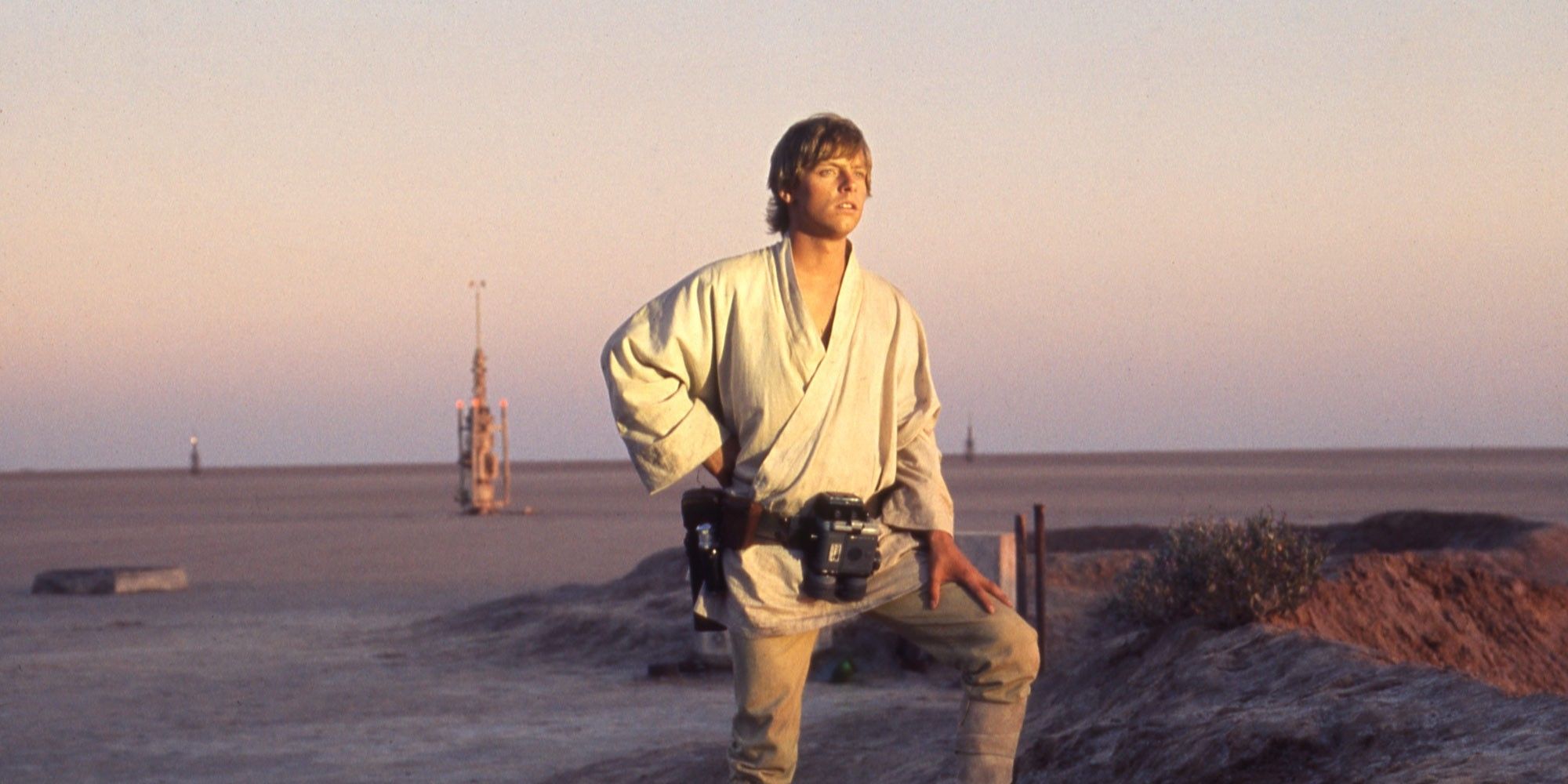
A long time in a New Hollywood far, far away, George Lucas was just a humble young filmmaker with two small films under his belt when he pitched a new space adventure inspired by the sci-fi serials of his youth. Few people truly believed in Lucas’ vision at the time, but the original Star Wars was a game-changing masterpiece. Codifying the rules for blockbuster cinema that had been previously established by Steven Spielberg‘s Jaws, Lucas’ space opera brought forth decades’ worth of imitators that all sought to recapture the film’s culture-defining effects.
Many generations didn’t get to experience the watershed moment of Star Wars’ original release firsthand, and its totemic place in pop culture has been diluted thanks to years of lackluster prequels, sequels and spin-offs, not to mention its precarious place under Disney’s divisive direction. Yes, there is still no denying the pure and simple power of the original spacefaring adventure, which pulled influence from everything from Flash Gordon to Akira Kurosawa to create a galaxy of dreams that fans have continued to revisit every year since.
5
‘Alien’ (1979)
Directed by Ridley Scott
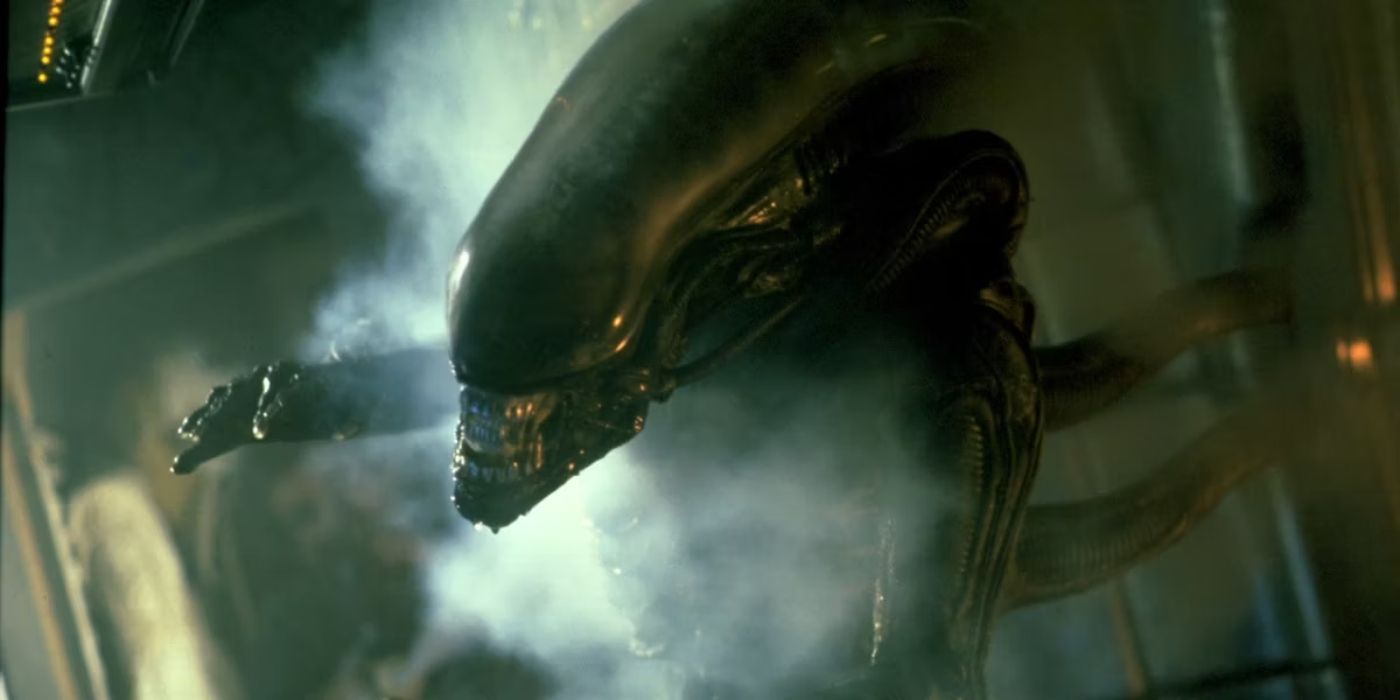
One of the first films to benefit from the success of Star Wars was the Oscar-winning horror hybrid Alien. The now-legendary movie began life as a simple screenplay titled Star Beast, destined for a cheap Roger Corman production before it was picked up by 20th Century Studios, looking for the next big sci-fi hit. In what can only be described as a miraculous production, where dozens of serendipitous events fell into perfect alignment, Alien was elevated from its B-movie premise into one of the most intense sci-fi horror films ever made.
Director Ridley Scott, in his second directorial feature, brought his meticulous visual eye to design a tactile version of interstellar travel defined by sweat, grime and slime. Between the space-trucker aesthetic of the future and H.R. Giger’s nightmarish biomechanical creature design, the film is one of the most atmospheric of the entire genre, rejecting the sterile cleanliness often associated with science fiction up to that point and replacing it with a gothic, galactic vision of hell. The franchise has expanded wildly since, with multiple sequels and prequels, along with a continued merging with the Predator series, but there’s no denying the horrific purity of the original.
Directed by Steven Spielberg
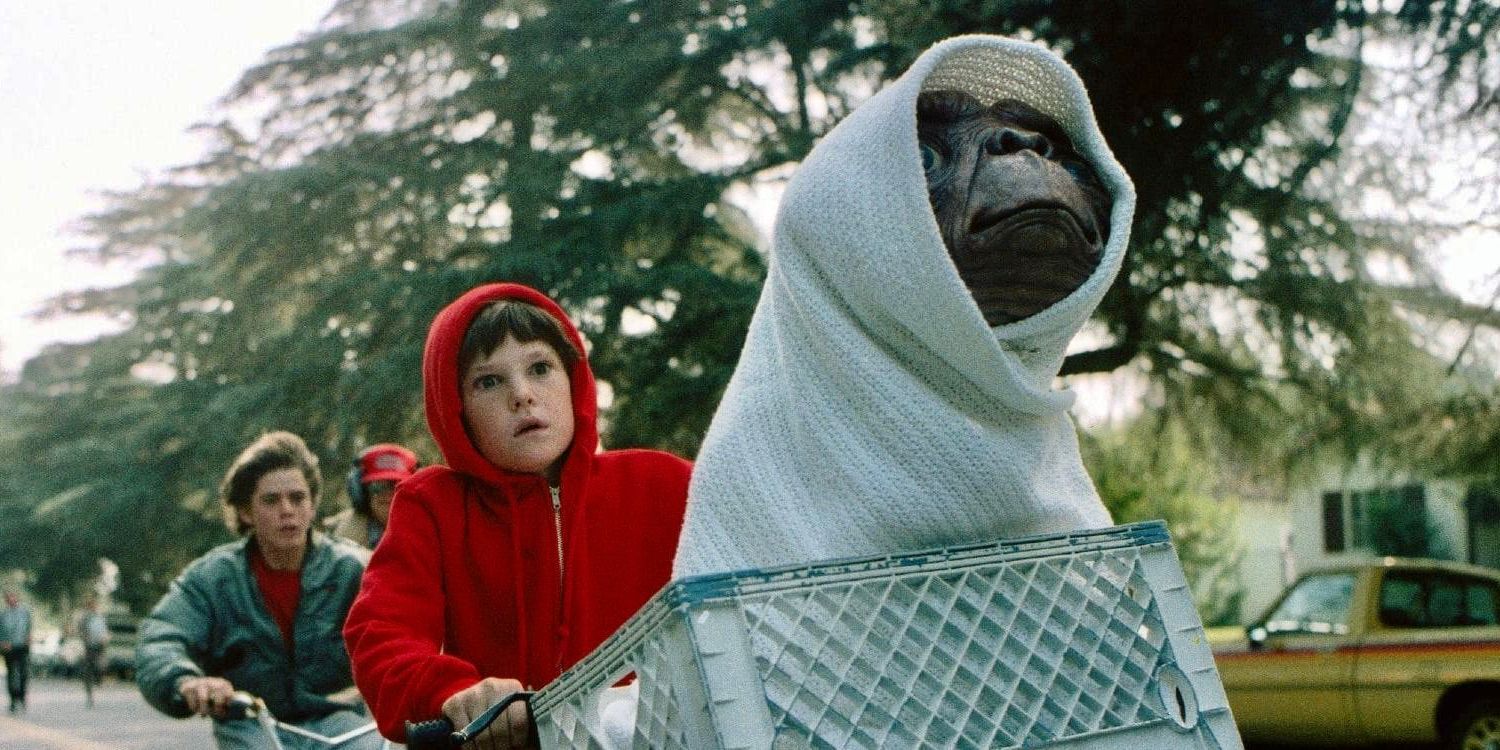
From one of cinema’s most vicious alien lifeforms to one of its friendliest, Steven Spielberg‘s ‘80s classic E.T. the Extra-Terrestrial soared with audiences into a decade of blockbuster optimism. While the film had its origins in an unrealized horror film that Spielberg was developing with John Sayles, the director realized the potential for a much more compelling childhood adventure film and brought in Melissa Mathison to help him develop the story.
The result was one of the most influential children’s films of all time, setting the stage for everything from The Goonies to Stranger Things. The heartwarming connection between the adolescent Elliot and the diminutive titular alien is the rare kind of movie magic that not even Spielberg himself has been able to authentically recapture since. E.T. never feels maudlin or manipulative, capturing the essence of wide-eyed wonder that one can only experience when they are ten years old. The movie was a massive success and was so universally beloved that even Richard Attenborough admitted it should have beaten his film Gandhi at the Oscars.
3
‘Stalker’ (1979)
Directed by Andrei Tarkovsky
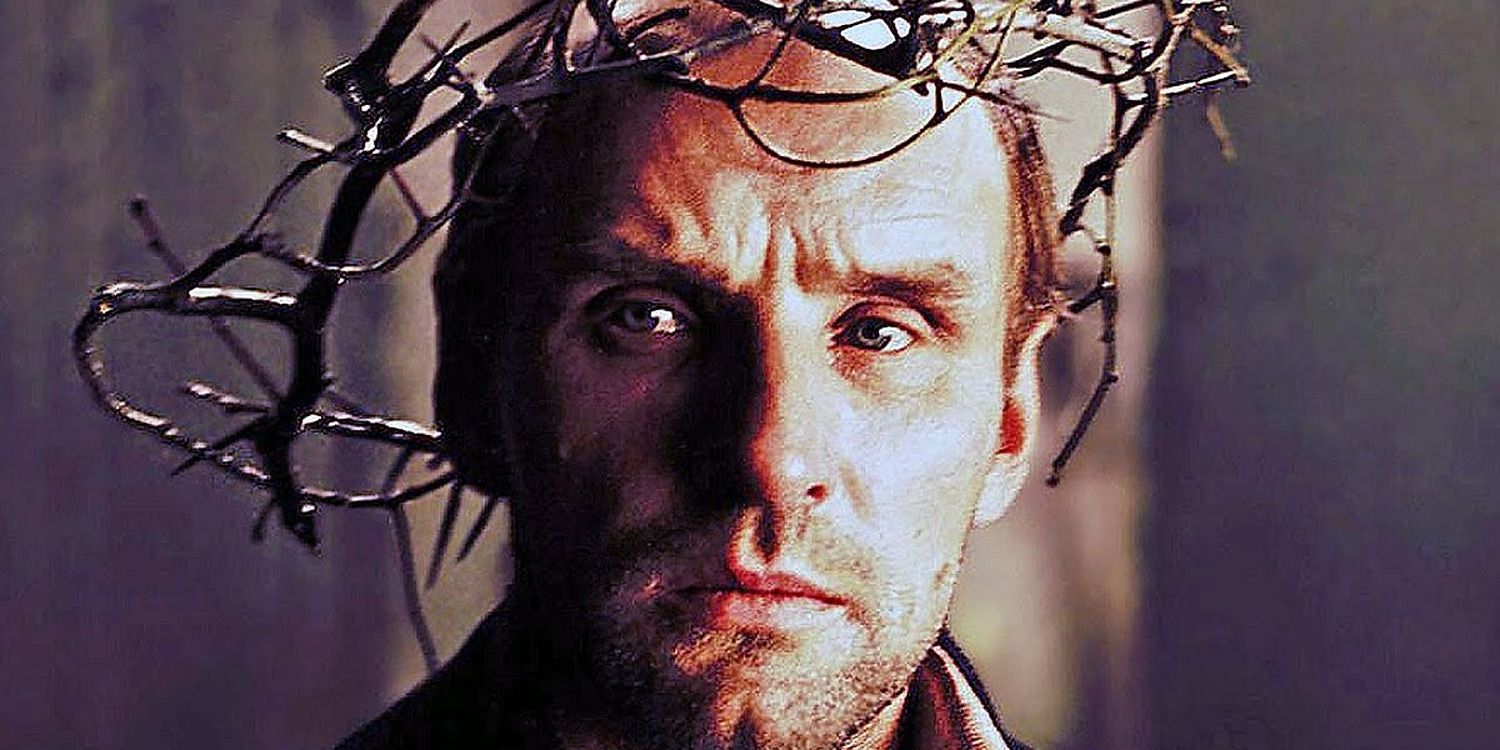
Alongside legendary filmmakers like Lucas, Spielberg, Scott and Cameron, Andrei Tarkovsky is best known for his seminal contributions to science fiction cinema, which include the 1972 classic Solaris and the arthouse essential Stalker. Inspired by the novel Roadside Picnic, it’s set in a post-apocalyptic future where the titular stalker is a man who leads travelers through the supernatural area known as the Zone in search of a metaphysical room that can grant their greatest desires.
A ruminative and slow-moving film that expounds on faith and human desire, Stalker is not for impatient viewers who prefer their science fiction to come replete with starships and space battles. However, it is far more satisfying for those who are willing to engage with its philosophical storytelling. Just as visually arresting and intellectually challenging as Tarkovsky’s most highly regarded works, Stalker uses its sci-fi setting to drill into the deep, dark heart of mankind.
2
‘Blade Runner’ (1982)
Directed by Ridley Scott
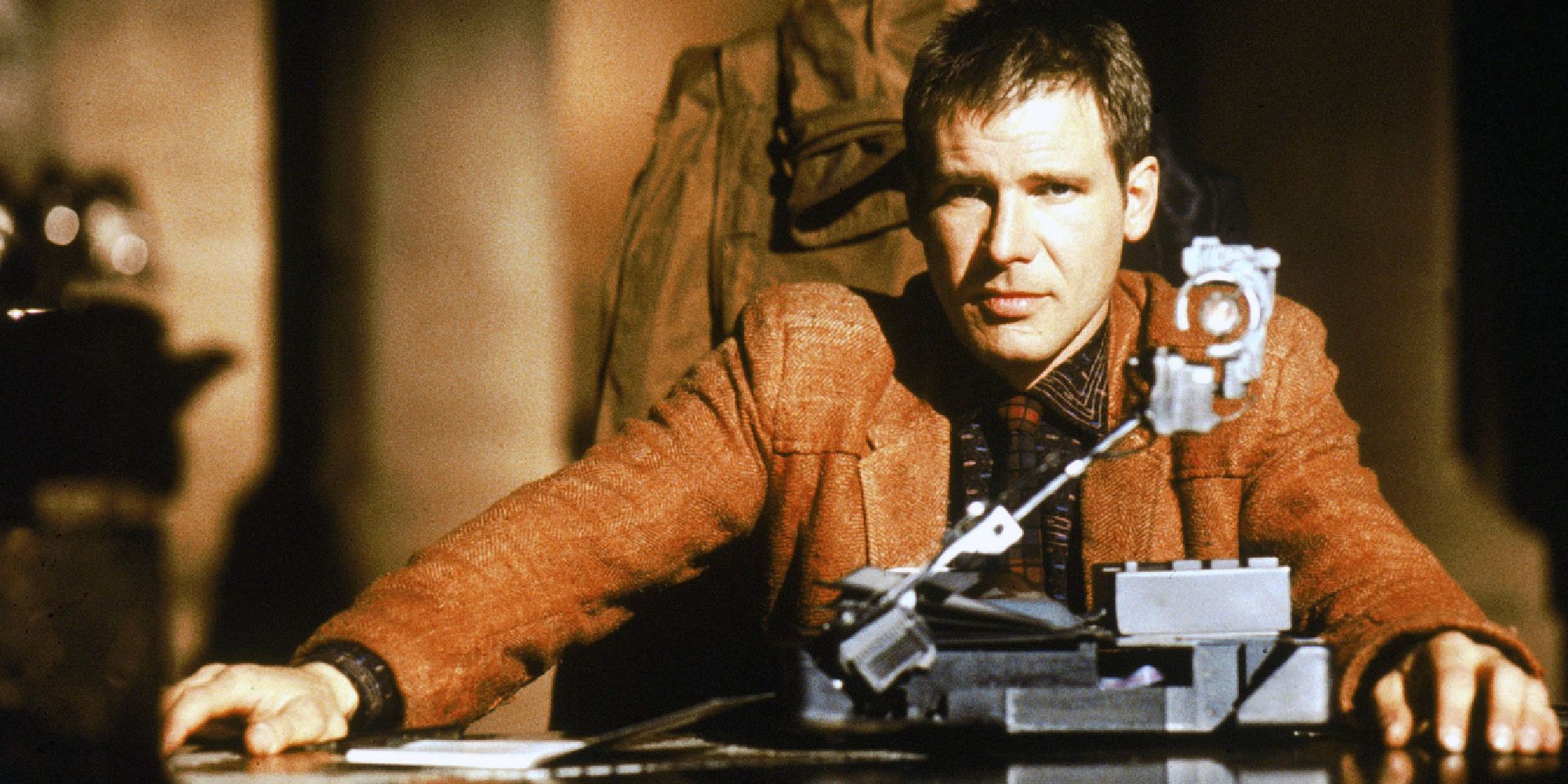
Following an instant classic like Alien would be no small feat for any director, and the initial negative reaction to Ridley Scott’s landmark sci-fi film Blade Runner suggested that the majority opinion was that the director had bungled the job. Like any cult classic, though, all it took was a little time (and five different versions) for critics and audiences to come around to what is now considered one of the greatest achievements in the genre. The film’s rain-soaked future aesthetic epitomized the tech noir subgenre, and its influence has cut across all genres thanks to a generation of varied filmmakers who grew up idolizing the film.
Loosely based on a novel by seminal sci-fi author Philip K. Dick, the film was a taxing production due to its complicated and extensive effects work to create the expansive futuristic cityscape. Scott realized it by collaborating with some of the most highly regarded names in the genre, including concept artist Syd Mead and visual effects wizard Douglas Trumbull. That trouble followed through the film’s post-production, where disastrous test screenings saw the film get a happy ending tacked onto it along with an ill-advised voice-over by a thoroughly apathetic Harrison Ford. Even with those stumbling blocks, Blade Runner endured and will never be forgotten like tears in the rain.
1
‘2001: A Space Odyssey’ (1968)
Directed by Stanley Kubrick
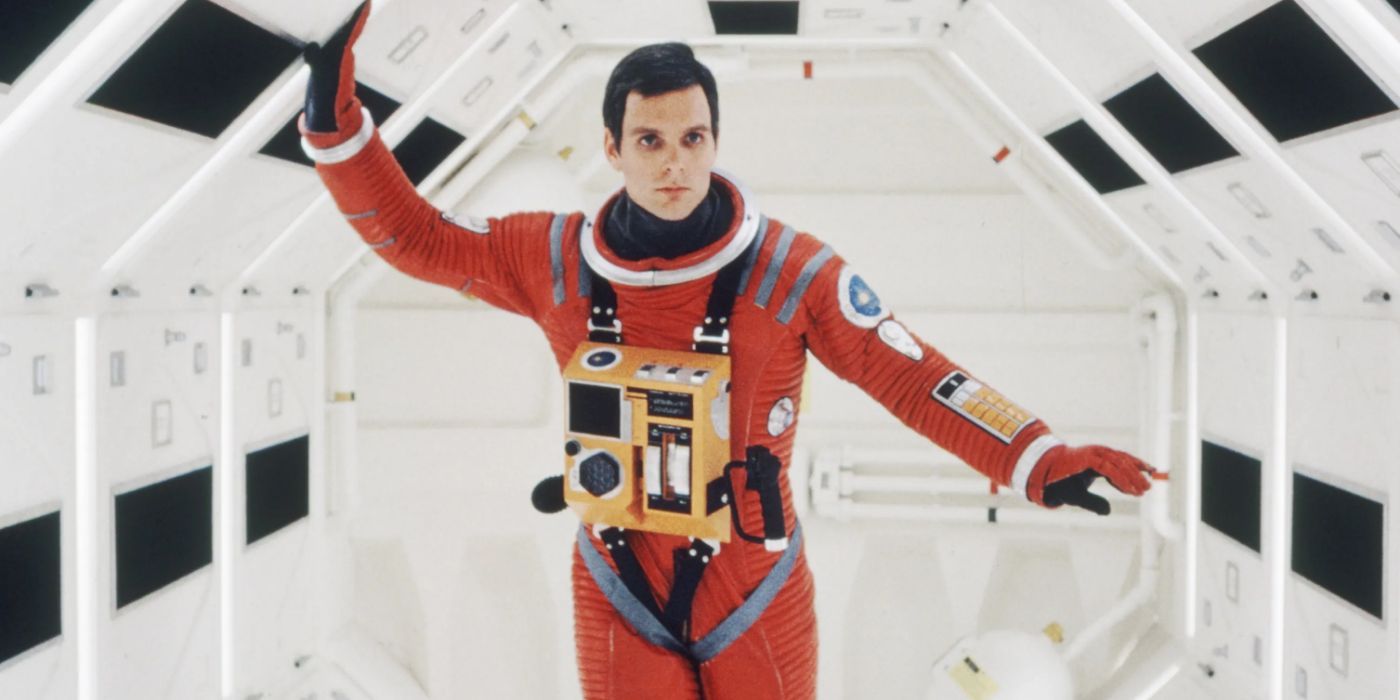
When Stanley Kubrick set out to make a science fiction film, the notoriously meticulous filmmaker wanted to create something that was far more realistic than the fantastical visions that were popular at the time. Through a combination of pioneering visual effects and incredible design, Kubrick accomplished that and so much more with the epic-sized 2001: A Space Odyssey, all before mankind had even set foot on the moon. From its staggering production and prescient themes of artificial intelligence and human evolution, the film is a timeless classic and Kubrick’s greatest masterpiece.
Astronauts sent to investigate a mysterious monolith find their journey is complicated by the supercomputer HAL 9000, which controls many of the functions aboard their spacecraft and begins to malfunction. One of the greatest villains in cinematic history, the artificial HAL has become increasingly relevant as AI has only further infiltrated technology and daily human life. 2001 is a film that presents many questions regarding humanity and its place in the universe and offers no simple answers, letting generations of audiences ponder the meaning behind its phantasmagorical ending, creating endless theories and interpretations that have been prescribed to it. Science fiction as a genre has the ability to speculate on the future and push an audience’s imagination past its boundaries. The best, like 2001, will make them question their place and purpose in the universe.
NEXT: A Century of Thrills — The 10 Greatest Crime Movies of the Last 100 Years, Ranked

